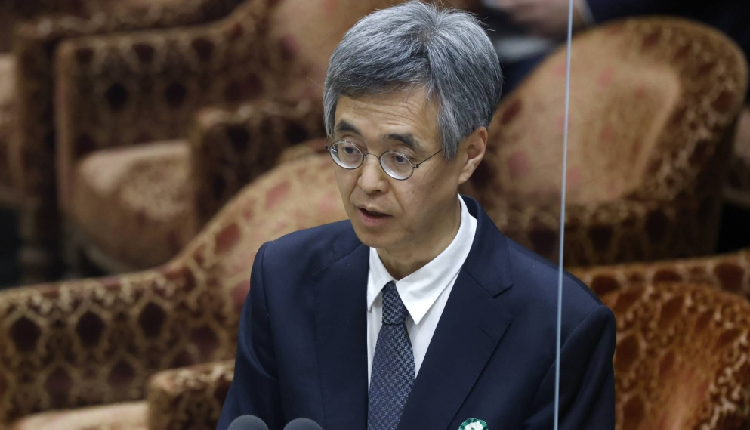Ryozo Himino, Deputy Governor of the Bank of Japan (BOJ), suggested on Thursday that the central bank may consider raising interest rates if there is a greater degree of confidence in its economic and price forecasts.
Himino emphasised that the decision on when to increase interest rates will be made based on a comprehensive assessment of data presented at each policy meeting. He stressed that the BOJ is not following a predetermined course and will carefully evaluate incoming information to assess the evolving outlook and balance of risks.
The types of data the BOJ focuses on in setting monetary policy are dynamic and subject to change. Himino noted that data from the US and China, such as employment, consumption, and exchange rate movements, may now warrant greater attention.
The BOJ will also be closely monitoring the pass-through of wage hikes to service prices, information related to wage negotiations, and the potential impact of exchange rate fluctuations on inflation. Himino emphasised that the list of data to consider is constantly evolving.
While the BOJ will not necessarily wait for the end of the fiscal year to assess the economy’s readiness for further rate hikes, the central bank will prioritise monitoring data to detect any unforeseen developments.
The BOJ ended negative interest rates in March and raised short-term borrowing costs to 0.25 per cent. Governor Kazuo Ueda has indicated that the BOJ is prepared to raise interest rates further if economic conditions and prices align with the central bank’s projections.
While the BOJ is widely expected to maintain interest rates at its next meeting on October 30-31, improving economic conditions and diminishing US recession fears could increase the likelihood of a rate hike in December or January.
Attribution: Reuters
Subediting: M. S. Salama


